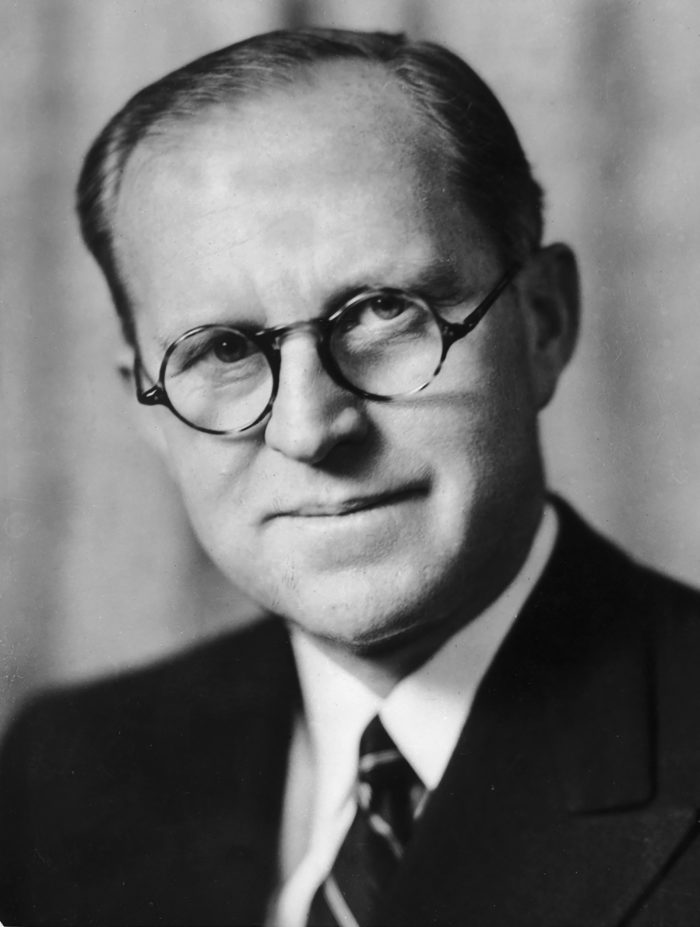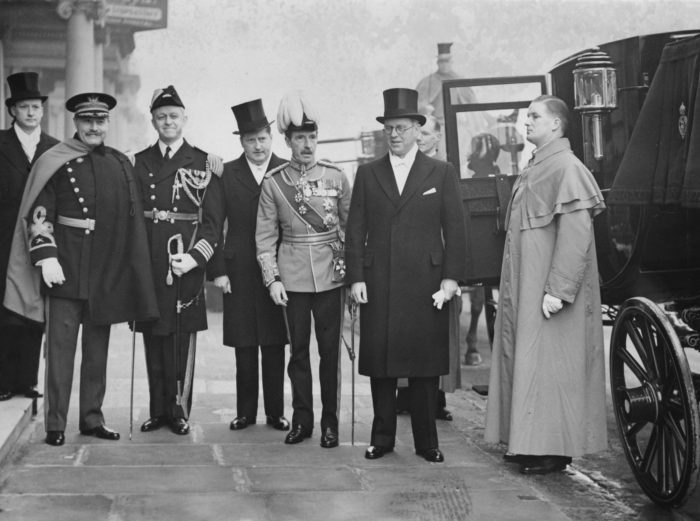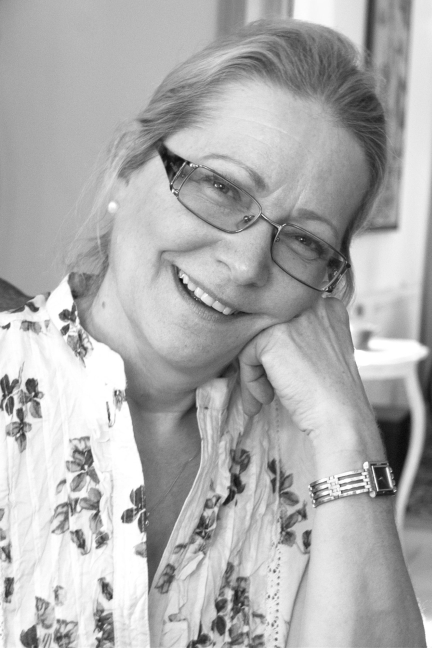by Susan Ronald
To say that there were more than a few things I found shocking when writing about Joe Kennedy is a massive understatement. Of course, I knew about his womanizing (but didn’t know about Babe Paley)—a predatory trait he passed onto his four sons. I also knew that it was “rumored” he was anti-Semitic and had his own presidential ambitions. I presumed he was close to the Vatican since I was aware of his ducal title. Just how close was a revelation, and it was shocking to understand this in the context of the failings of Pope Pius XII. More shocking still was Kennedy’s attempt to use the plight of Jews fleeing the Nazi vice grip to advance his presidential ambitions.

(Photo by New York Times Co./Getty Images)
I understood that Joe was “plainspoken.” I soon learned he colored the truth with his own paintbrush (lies to the rest of us), and that he had actively worked against President Franklin D. Roosevelt as his ambassador. Remarkably, FDR knew about Joe’s treacherous side when he appointed him to London. What had begun as a joke became an expedient to rid himself of this troublesome Kennedy who could charm the birds from the trees when he wished. And Joe wished to keep America neutral and out of any war no matter what. The last person Roosevelt wanted in Washington to influence a strident, isolationist Congress was Joe Kennedy. Fortunately, the president knew he could find other ways to circumvent his ambassador and improve relations with the United Kingdom.
Roosevelt’s decision to give Kennedy his heart’s desire, the ambassadorship to the Court of St. James’s, was calculated and cunning. Kennedy’s outspokenness would, so Roosevelt knew, lead to skirmishes and ill-will at home and abroad. Almost immediately, Cordell Hull, the longest-serving secretary of state, told Kennedy he could not “hire” his son Joe Jr. as his private secretary for a dollar a year. Kennedy ignored him and did it anyway. Then, twenty-two-year-old Joe Jr. was sent out as his father’s “experienced” eyes and ears in Europe. The proud ambassador read out his eldest son’s sophomoric letters home to the prime minister and others in power as if they held the secret to Europe’s woes in Spain and Germany. The British were too polite to disabuse him, and Joe was too puffed up with his own importance to notice their reactions.
That said, I was anxious to consider Joe Jr. and Jack Kennedy, too, who were young men at the time of their father’s ambassadorship. I wanted to understand if they had any impact on Joe Sr.’s worldview. In reading Young Joe’s Spanish articles and his letters home about the Nazis and the Spanish Civil War, I was shocked by his conclusions. Joseph P. Kennedy, Jr. was a perfect 3-D printer image of his father sympathizing with the Nazis and agreeing that “the Jews deserved their fate.” There was also the added spice of being a brute to his brothers and women. That Jack had been underestimated was an old tale, but these few years show how he developed into an intelligent thinking and knowledgeable internationalist. It was a welcomed and significant revelation.
For years, I had known that the British viewpoint had been “Joe Kennedy was a bad man.” So as always, I headed to original sources—this time on both sides of the Atlantic. It was only when I began to read the Foreign Office files and King George VI’s diary entries about Joe that I clearly saw the purposeful extent to which he acted with self-interest and treachery. The British Foreign Office (to a man) and the king saw him for what he was. It was shocking to understand just how much Joe was “drunk on his own verbosity,” damning Roosevelt and his administration to anyone who would listen, and that he never realized he was a most untrustworthy and dangerous ambassador.

(Photo by Becker/Fox Photos/Hulton Archive/Getty Images)
Yet, Joe was a devoted father who loved his children more than his own life. Much of his efforts as ambassador were in promoting Joe Jr. toward the White House as America’s first Catholic president. Jack was “the spare” as we say in England, of whom nothing much was expected due to his mysterious illnesses. Joe did not see that his womanizing made him a less than compatible husband, nor the fact that Rose spent up to 300 days a year away from hearth and home to cope with his philandering. He was clever with money but put into practice many unethical means to make his first three fortunes (from the stock market, Hollywood, and importing liquor).
Today, Joe is remembered as the father of the Kennedy dynasty and biographies abound about him in various roles. Complex people always make good biographical subjects. But why hadn’t anyone written solely about Joe’s highest political/diplomatic office? (He did not have a diplomatic bone in his body in case you’re wondering.) As a British-American author, I understood both countries and their converging and diverging viewpoints of the period. Given the fertile and untapped resources I found, above all else, I was most shocked (and delighted) that no one else had written about Kennedy’s time as U.S. ambassador to the Court of St. James’s at this darkest time in world history leading to World War II.

Born and raised in the United States, Susan Ronald is a British-American biographer, historian, and author of several books, including Conde Nast, A Dangerous Woman, Hitler’s Art Thief, and Heretic Queen. She lives in rural England with her writer husband.

